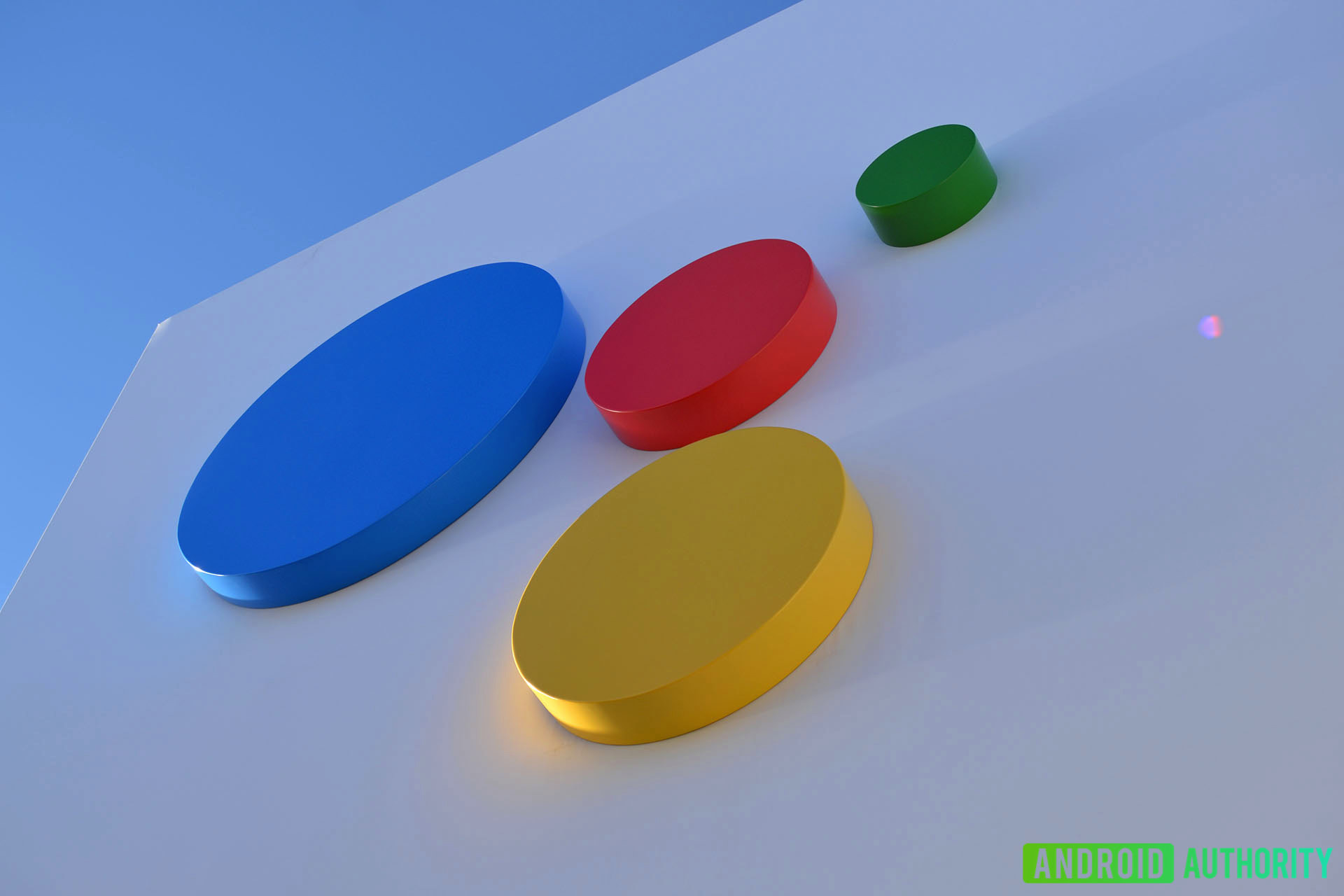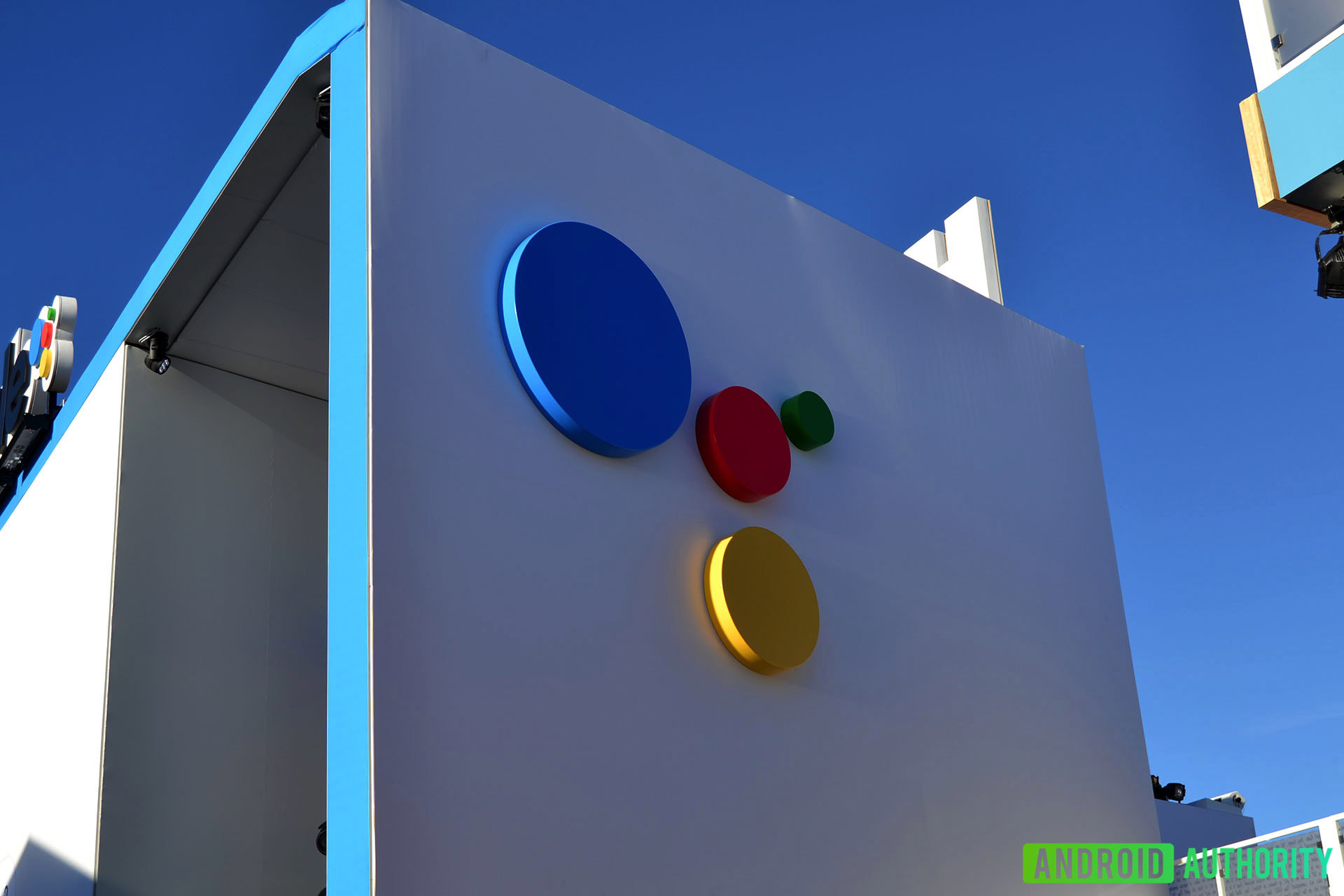Affiliate links on Android Authority may earn us a commission. Learn more.
Google Assistant 'Pretty Please' feature is nice to you if you use your manners
Published onNovember 29, 2018

- There are some new features for Google Assistant arriving today.
- One new feature called Pretty Please rewards you with compliments if you use proper manners when conversing with Assistant.
- There are also new lyric features for smart displays and the ability to reply to Google Home Broadcasts.
Chances are pretty good that you or someone you’re related to is going to start using their very first Google Assistant-powered smart device this holiday season. With the Google Assistant ecosystem only getting bigger and bigger, Google is constantly refining and adding features to its flagship product.
Today, a host of new updates to Google Assistant arrive. Check them out below!
Pretty Please
Google actually revealed Pretty Please to us at Google I/O 2018, but it’s only now that we’re seeing the feature live in the wild. The point of Pretty Please is simple: to encourage people (especially children) to be polite and use proper manners when speaking with Google Assistant.

If you put in the word “Please” when talking with your Assistant-powered device, Assistant will now respond with a pleasantry of its own. For example, if you say, “Hey Google, please tell me the weather,” Google might respond with “It’s nice of you to ask so nicely. Here’s the weather.” There is also a quick happy-sounding tone that chimes when you say “please” in your command.
However, there are no reprimands for being mean. I tried to use aggressive language to ask Google Assistant to do things (which I won’t repeat here) and Assistant simply did what I asked. If Google really wants to encourage proper communication with Assistant, it might be a good idea to figure out a way to subtly chastize those who use mean language.
List creation made easy
You can now use Google Assistant voice commands to create and update lists. Just say, “Hey Google, create a shopping list.” Then you can say things like, “Hey Google, add milk to my shopping list,” or “Hey Google, what’s on my shopping list?”
Right now, the system uses a built-in provider for the lists. Eventually, third-party integration will be possible with Google Keep, Todoist, Any.do, etc.
As an aside, the list-creation app Out of Milk has Google Assistant integration already; you just have to say, “Hey Google, ask Out of Milk…” and then your command. Give it a shot!
Broadcast Replies
Google introduced Broadcasts as a way to communicate with your household through your Google Home smart speakers. Eventually, Broadcasts expanded to other Home products as well as smartphones, and very soon Google will allow you to easily reply to Broadcasts.
The cool thing with Broadcast Replies is you can use your keyboard on your phone if you like, creating a makeshift text messaging system. Granted, you might find it easier to just text with someone, but if you’re working hard in the kitchen and your hands are full, you can send a Broadcast using only your voice which your recipient(s) can read and reply to like they would a text.
Broadcast Replies will start rolling out next week.
Various smart display updates
The Google Home Hub smart display is only a month old at this point and is still getting Google refinements. Here are some new updates:
- Create an alarm using touch rather than your voice.
- Quickly share photos in your Google Photos library with your contacts.
- Use touch and voice commands to hide images from the ambient display or favorite them instead.
- Talk back with people who are at your Nest Hello doorbell using the new “Talk” button.
- If you’re playing music through your smart display using Google Play Music, you can now see lyrics to the song as it plays.
- Google’s “Call Santa” feature is getting holiday-themed music as well as smart display visual components. Try it out with your kids!
You can read our full review of the Google Home Hub here. If you want to learn more about what you can do with Google Assistant, check out our guide below!
NEXT: Google Assistant routines — what are they and how to set them up?